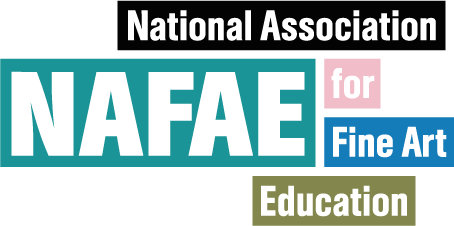Abstract
Can interdisciplinarity be a fundamental approach in developing creative communities of practice within an education setting? In this paper I will discuss how in developing the curriculum model for postgraduate students at Plymouth College of Art, I am alert to the potential offered in enabling interdisciplinarity - learning, making, reflecting, and conversing across disciplines. This is not a forced regime, but a series of regular actions and opportunities with students, staff, and specialists. It asks student to challenge their tacit knowledge and understandings of their given practice in a dialogical, open and transparent manner.
In creating the space for a cohort to explore interdisciplinarity, a balance needs to be struck between the discipline-specific knowledge and experience, and the beneficial mutuality and trust. To enable a community to be open to this experience and synthesis of different practices is not without its challenges - interdisciplinarity suggests accepting, if for a time, that there might be another way of making that is not known or understood in isolation. This disruptive methodology can be a common and shared goal, a cohesive praxis space to build a community across. This enabling space also becomes productive in extending discussions in how common ground can be found across challenging political and environmental paradigms. Students and staff are encouraged to be openly discursive and potentially attuned to examining issues beyond synthesis, the studio, or curriculum. Grant H. Kester writes in Conversations Pieces: Community and Communication in Modern Art;
“Artists, arguably, have the ability to comprehend and synthesise these broader interrelations because they are not limited by the technical expertise required by each specific area and thus more easily view them as interrelated parts of a larger whole. Such knowledge is less concerned with the internal operations of individual discipline than with a topographic ability to assess interconnections among various disciplines at a given time” (2013, p67).
These broader ‘interrelations’ as Kester describes enthuses the student’s confidence to coalesce around risk, challenge and precarity as a positive force in creative learning, opening up territory to do the same as a supportive postgraduate community. I will expand upon how this approach to interdisciplinarity as a methodology creates a space for a such a community to emerge.
Bio
Dr Steven Paige is Subject Leader for Postgraduate Studies, and Subject Tutor for MA Fine Art at Plymouth College of Art. His practice research incorporates installation, video, print, performance, drawing and artist publishing. He completed his AHRC 3D3 Practice Research PhD at Plymouth University in 2019.

